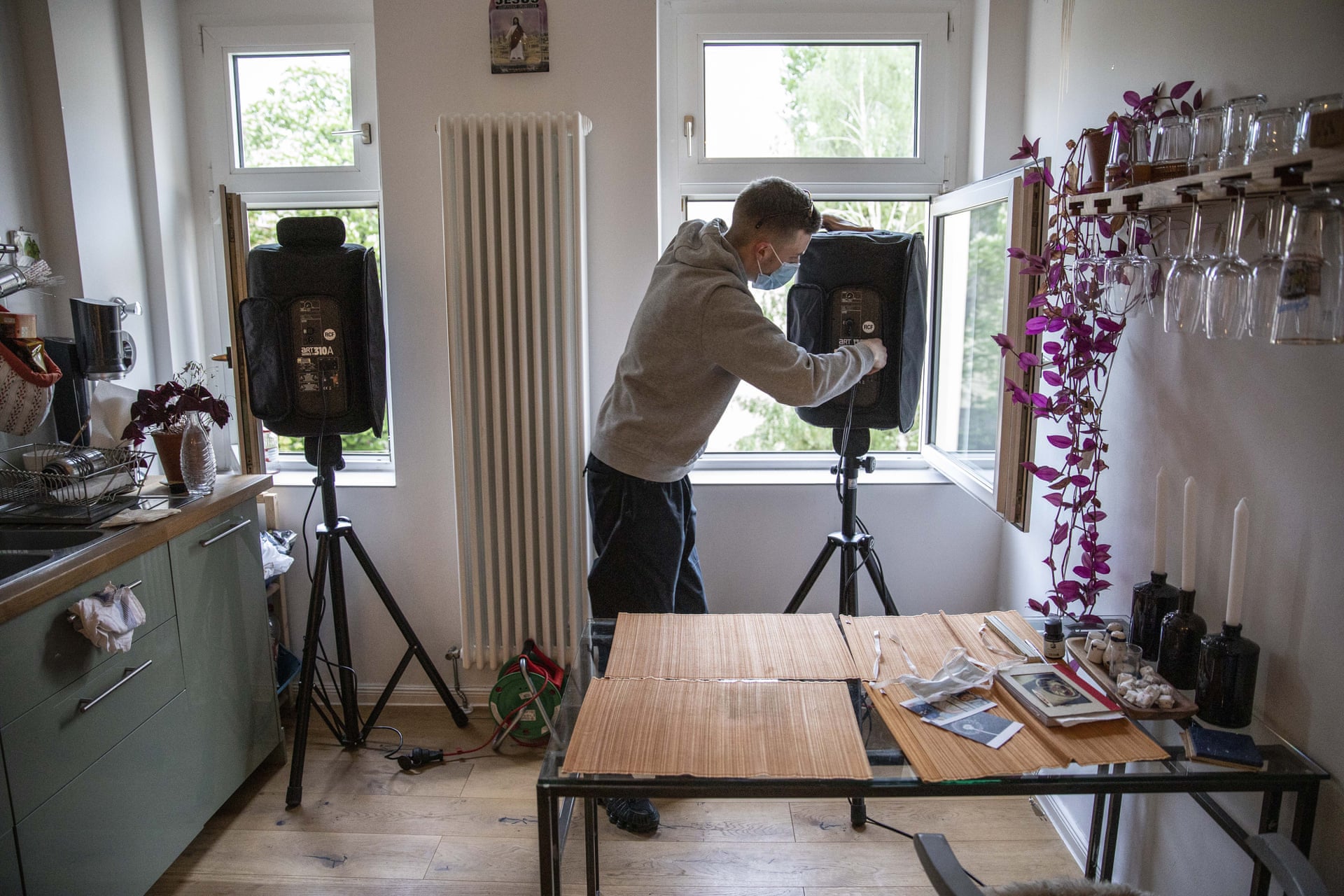At OFU, and in our production attempts in the years afterwards, we probably fancied ourselves as quite professional film-makers. We had a real film camera, a proper crew. We had scripts and storyboards. We'd read up on photography techniques - on lighting and
mise-en-scène. And we were creative - full of ideas and the energy to execute them.
On top of this, I wrote quite a lot while I was at Surrey and after. Some of it was published in Barefacts. Most of it never saw the light of day beyond my personal website. Poetry, short stories, a musical (really), at least one full-length screenplay. All of it has aged exactly as well as you would expect. All of it is earnest, well-meaning, mopey, romantic trash. Some of it is also wrapped up in sixth form levels of humour, or tortured narrative structures that I probably thought were very clever.
If I'd read William Goldman's seminal
Adventures In The Screen Trade first, then I'd probably never have bothered.
But in fact, I wouldn't have willingly recognised how important Goldman's book is to an aspiring screen writer. We were largely interested in the science of film making - so Chris Jones's
The Guerilla Filmmakers' Handbook represented the most important reference for me, dealing with practical matters such as choosing locations, recording sound, and editing: how to do every job to a certain level of competence, in order to achieve a reasonable film on a very low budget.
Adventures is a text book on screen writing within the Hollywood system. Forty years on, it remains sharp and relevant. (I'm baffled that one Amazon reviewer found it irrelevant because of its failure to mention Netflix. Yes, it's of its time - arguably written before Goldman's arguably own best work - but it's full of insight and interesting anecdotes on the whole process of making and marketing films.)
It paints the writing process as being a technical discipline on a par with the other key roles in film-making. The last section of the book is effectively a worked example, showing how an idea converts into a short story, and from there into a screenplay, and from there into the other key creative disciplines associated with making a film (including production design, music, cinematography and direction). Despite all this content, it's an easy and invigorating read. It's honestly not over-stating the importance of this book to describe it as utterly indispensable to anyone aspiring to enter the trade.
This means that my style of hammering out a cleverly-structured story in a single "take", proof-reading it once, and then publishing it straight onto my personal website, was always, always destined to produce poor-quality and un-filmable results. A single idea stretched wafer-thin. The entire plot in service to the structure or to a series of mediocre jokes. No critical review of the essence of the story - its emotional resonance or impact on the reader. No quality control. No professionalism at all.
There are plenty of places where you can learn about conventions of narrative structure - the hero's arc - but Goldman's analysis offers so much more. He shows what works and what doesn't in practice. In discussing his adaptations of certain true events (
All The President's Men and
A Bridge Too Far), he is able to demonstrate how stories of incredible resonance and intrigue would not have worked on film. Above all, he is honest about mistakes and mis-steps.
I happened to watch
The Railway Children just after finishing
Adventures In The Screen Trade. I think we can all agree that
The Railway Children is a beloved classic, made even more so for me because it must be a good twenty-five years since I saw it last.
Goldman ruined it.
Throughout, I was noticing ways in which it is deficient as a screenplay. Its episodic structure lays bare its origin as a much longer, more nuanced novel. Character details that I remember vividly from reading the novel as a child appear as a single jokey line, out of any context. Worse, the vignettes stand so far apart that any sense of time passing is lost; an effect that serves to distance the viewer.
Goldman would probably say that the adaptation has been too literal. It has prioritised the inclusion of certain plot points from the novel over a coherent single narrative that preserves the emotional core of the novel. Just as Goldman had to discard the most extraordinary stories of bravery in
A Bridge Too Far in service of the wider narrative, so
The Railway Children could and should have developed more of a singular connection to time and place, even if that meant ditching some of the isolated stories.
The Railway Children still manages to have an emotional impact, despite these deficiencies. It's still very funny in places and moving in others. Near the end, there's a famous bit in which the viewer inevitably suddenly finds something in the eye and a little lump in the throat. But then there's that weird little coda that (probably) quotes directly from the book, and it's straight back to feeling frustrated at the literalism of the adaptation.
Thanks, Goldman.





